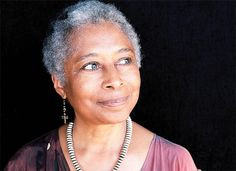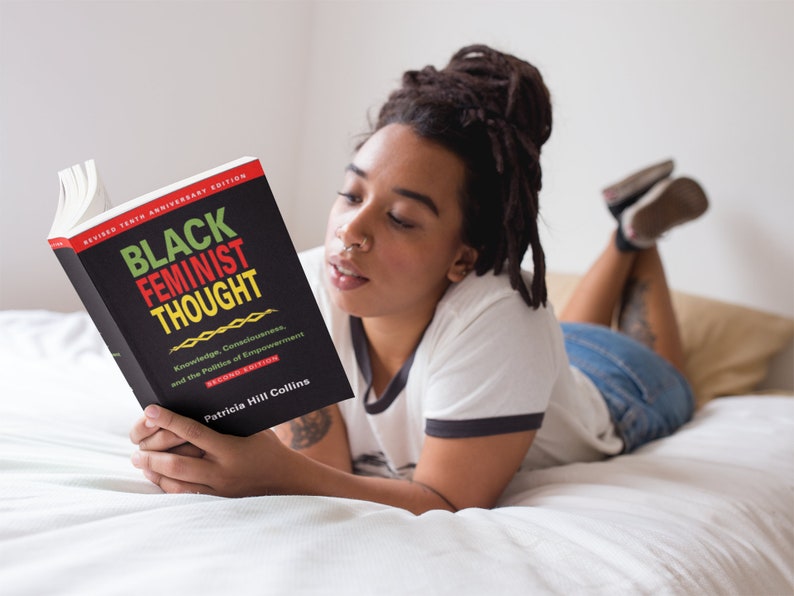

Substantively, communities that incorporate people who theorize from the bottom up as well as from the top down can produce a wealth of new questions, interpretations, and knowledge that is far more concerned with changing the existing social order than in explaining it. Politically, intersectionality aspires for robust interpretive communities to house necessary dialogs among disparate ideas and people. The term “intersectionality” references this big tent umbrella of an intellectual and political crossroads or meeting place for political and intellectual engagement across political, substantive, and methodological differences. These meeting places enable those who enter them to retain the particularity of the insights and experiences that drive them there, while working through the meaning of what truly is universal with others who arrive from different paths. This expansive notion of being critical informs knowledge creation in the crossroads spaces of a decolonizing and desegregating world.


This painstaking work laid a foundation for the synthetic narrative of intersectionality’s ideas, scope, and practices that Sirma Bilge and I present in Intersectionality (Collins and Bilge, 2016, 2nd edn 2020). We also witnessed the increasing globalization of intersectionality as a field of critical inquiry and praxis. We saw the field grow from its initial emphasis on race, class, and gender to encompass sexuality, nation, ethnicity, ability, age, religion, and similar categories of analysis. For over two decades, we selected articles that examined how race, class, and gender increasingly informed one another, thereby collecting empirical evidence for intersectionality (Andersen and Collins, 2020). In Race, Class, and Gender, Margaret Andersen and I drew upon these narratives to map the emergence of intersectionality as a field of inquiry. These and other similarly subordinated groups also find themselves facing social problems that can neither be understood, nor solved in isolation. The complexities of the multiple resistant knowledge projects that inform intersectionality lie in the parallel and intertwining narratives of Indigenous peoples, refugee and immigrant groups, women, LGBTQ teenagers, religious and ethnic minorities, and poor people. My focus on Black women’s knowledge is one case among many.


 0 kommentar(er)
0 kommentar(er)
